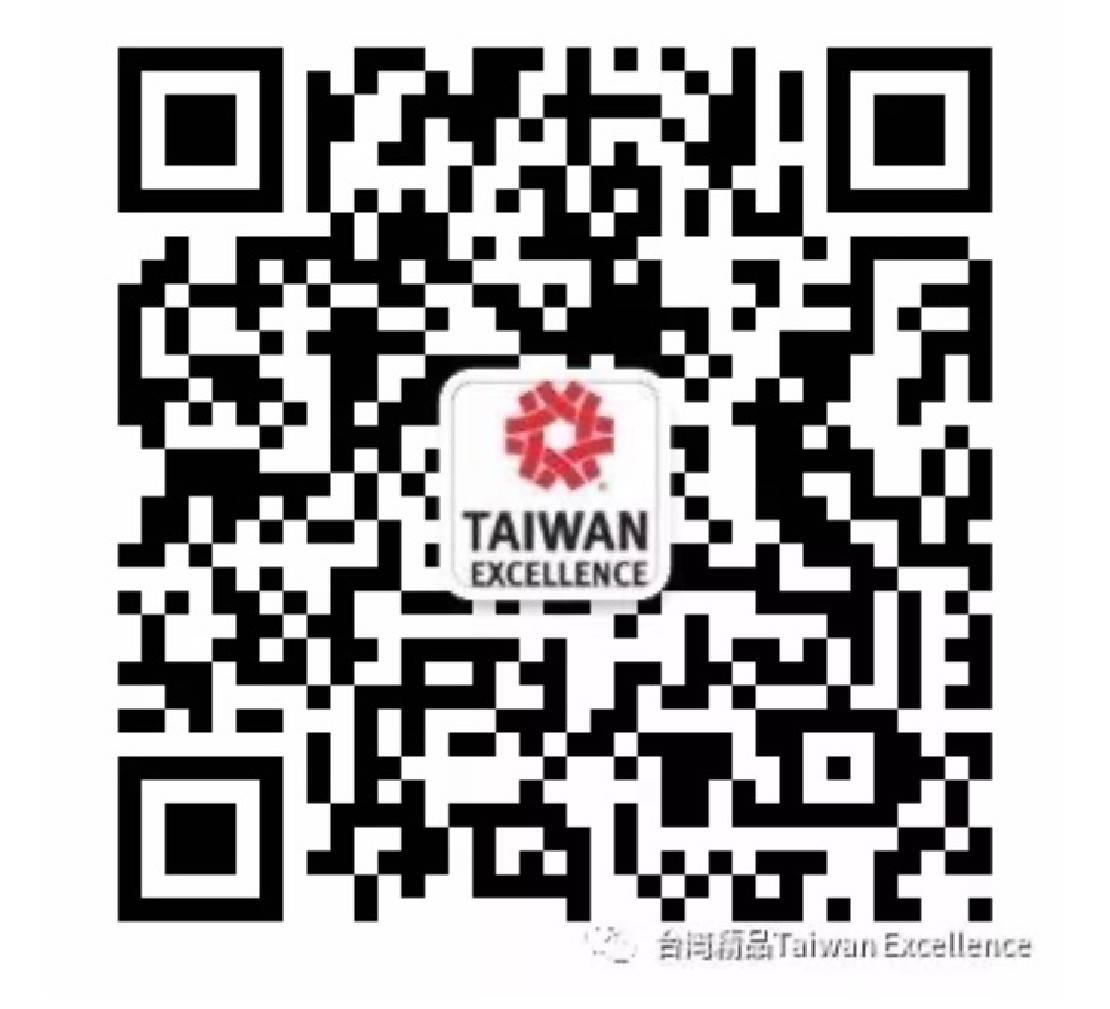
請用 Wechat 掃描台灣精品QRcode 或 搜尋ID: TaiwanExcellence
Environmental protection is a common international issue, and it is also the endeavor of many large global companies. In recent years, Taiwanese companies have gradually attached importance to and invested in it. Among the winners of the 2020 Taiwan Excellence Award, three companies from different backgrounds have demonstrated their faith and commitment to environmental protection in their respective fields. They are BenQ Materials, ATUNAS, and JU TIAN CLEANTECH.
BenQ Corporation, a well-known leader in the 3C field, established BenQ Materials in 1998 and successfully expanded into healthcare products. In 2016, BenQ Materials once again set its sights on a new field - textiles, and Xpore, a new fabric for outdoor activities, was born. Outdoor consumer groups are mostly environmentally conscious, and there are already many homogenous competing
products in the market. Transboundary allows BenQ Materials to interpret the environmental protection mission in a new perspective with different thinking. "Xpore focuses on minimizing the ecological footprint and manufacturing PFCs-Free and Solvent-Free textile," explained Rex Lee, director of Performance Textiles Business Development Dept. of BenQ Materials. Fluoride is often used in outdoor products due to its water-resistant and oil-resistant properties. "Even though it is not easy, we
remain committed to taking the path for Xpore."
Another MIT functional apparel adheres to environmental protection. "Recently, Taiwanese businessmen have begun to replace suits with our "Supercooling shirts" to reduce air-conditioning carbon emissions and practice environmental protection in daily life." Kun Chen, President of ATUNAS, calls it "eco-friendliness you can wear,” with a smile. Specializing in outdoor casual wear, they have been actively working on product appearance recently and launching outdoor and office dual-purpose energy- saving shirt. Another "Green Forest waterproof apparel collection” of ATUNAS has reevaluated each production process. From the production of fabrics to the delivery to consumers, the carbon emissions of the entire process are reduced by 18% compared to before. "We can proudly say that all of this is made in Taiwan" and that the environmental protection practice of ATUNAS is not merely ongoing but also
progressive.
What can agricultural waste be used for? Chien-Chung Huang, the founder of JU TIAN CLEANTECH, found the answer. He, who majored in the circular economy in graduate school, has been trying to convert agricultural waste into biodegradable materials. "We work with large food factories that produce sugarcane juice and use their waste - bagasse to make straws. These wastes that they had to pay for processing have found new uses, so they are also delighted to see such cooperation." JU TIAN's sugarcane straws can withstand - 20 to 50 °C, and more than 90% can be naturally decomposed after 180 days, significantly reducing the burden of disposable plastic products on the Earth.
For more complete eco-friendly corporate stories, please refer to "2020 Taiwan Excellence Mook Magazine," which was edited by Taiwan Excellence and produced by Ark Communications, a large Japanese publishing house, and published in the summer of 2020. It contains 23 Taiwan Excellence award-winning corporate stories and industry columns, with lots of great content. Please contact Taiwan Excellence (taiwanexcellence.org) for inquiries, or visit Taiwan Excellence Sporting & Household Goods Virtual Pavilion (taiwanexcellence.org/en/sporting_householdgoods) to realize ots of good products online. A presence at an online exhibition without CO 2 caused by transportation would be your eco-friendly accomplishment.
Previous article

2020-08-14
Next article

2020-08-06